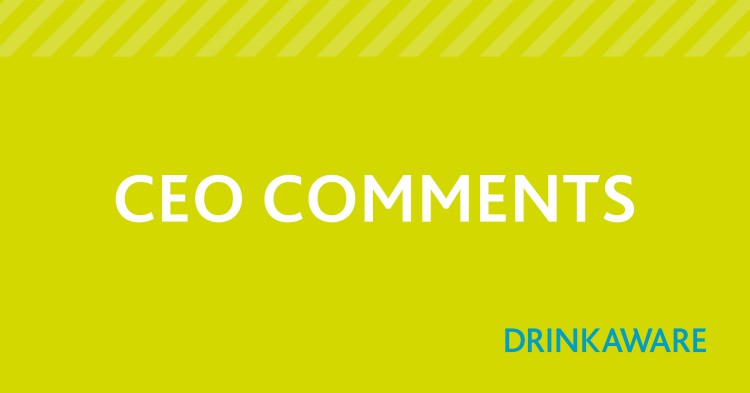The world as we know it has changed, and our day-to-day lives are massively altered. With this new ‘normal’ comes new habits and as human beings we’re wired to like habits because they take stress out of making a decision as we go through the day.
We now have the double opportunity to start and embed new habits, and to ditch old ones. But are these new habits good or bad? And are we ditching our old bad habits or our good ones?
It’s now the third week of schools being closed, which is the same time it takes to form a new habit. This new reality makes now a good time to consider what new routines have been established and whether we’d categorise them as ‘good’ for us or ‘bad’.
Washing hands (obviously!) and good hygiene are most likely by now, to be habitual tasks, and fit into the ‘good’ group. Having a midweek drink, that extra glass of wine in the evening, or a ‘sneaky’ tipple earlier in the day than you might have done previously, may equally have become regular occurrences, but belong in the ‘bad’ habit group.
But habits aren’t simple. Many things are involved in their formation, and the triggers that might have curtailed consumption pre Covid-19 such as early starts for work or school, training schedules etc. are no longer there. And being confined to staying home means they’re likely to have been replaced by new cues. Maybe the working day ends earlier than before, being in close continuous quarters with family means the stress levels mount as the day progresses, or the lack of structure and work means boredom has set in.
Our ability to cope with the very real concerns and uncertainties that surround us is another contributing factor. Using alcohol as a reward or as a relief is commonplace in ‘normal’ times, but in difficult times it can fast become the default stress crutch.
Being aware of this is the first step. The next is to ask yourself some questions:
- Am I drinking more than before? How often and when, what time of day?
- What am I thinking and feeling at that time? Does it happen right before or after something else?
- Are others involved (virtually or in-person)?
In answering these questions think about actions you can take to change the situation and create new, healthier cues. For example:
If the ‘end of the day’ signals time for a drink, then replace it with something else like a walk or a check-in chat with a friend.
If the habit is to have a glass of wine while watching the telly in the evening, either replace it with a cuppa, or do something more distracting like baking or preparing healthy food for tomorrow’s lunch.
As well as addressing the triggers, it’s also worth reducing temptation. Visits to the shops are less frequent now, so instead of stocking up on alcohol, stock up on alternatives. If it’s not in the fridge, you can’t drink it!
Habits are supported by social norms and what we think is socially acceptable behaviour. So, at times like these we need to support each other #WeAreAllInThisTogether, so let’s encourage each other to be more #sobercurious.
It takes an average of 66 days for a new habit to become fully automatic (2009 study published in the European Journal of Social Psychology). That means that new habit we’re forming now, could become our new norm by the mid/end of May. So rather than falling into bad habits let’s step up to some good ones.


